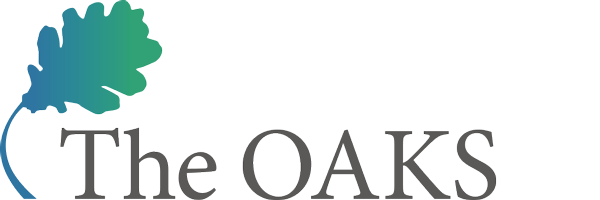Social Science (Psychology or Sociology)
The OAKS Partnership School Direct Social Science course attracts Trainee Teachers from a wide variety of backgrounds. You may be a recent graduate in Social Science (or in a degree with a substantial element of Sociology) or you may have worked in a range of occupations prior to commencing the course. An experience of the world of work will have provided you with an opportunity to see how work is structured and how it impacts on family life, a key topic in Sociology. Whatever your background, you will have a love of Sociology and be keen to make the subject accessible and interesting for students.
Sociology is a living subject and often deals with sensitive and controversial subjects which may be personally real for your group so techniques in teaching those topics will be discussed. Sociology encourages a questioning approach and may challenge long- held received wisdom so the teacher has a responsibility to manage this properly. It is an exam subject at GCSE and A Level and you must ensure that the skills of analysis and evaluation are always part of the way the subject is taught. You need to bring the outside world into the classroom through visual stimuli, such as Youtube, films, documentaries as well as extracts from published research. It is essential that students understand how theory influences research techniques and when Qualitative or Quantitative systems are selected. There is a new emphasis on sociologists being able to handle statistics and this may prove challenging to some A level students.
Most schools will need you to have a lower school subject which could be some form of social studies or be an A level you particularly enjoyed. The Health and Social Care Diploma will be covered in the course and this is a different form of assessment. In the lower school you will need to be able to follow the data tracking systems that are in place and develop your whole class control. You will be largely assessed on Key Stages 4 and 5.

The course aims to help you become a competent, professional and, above all, creative teacher, capable of developing the imaginations and abilities of the young people with whom you have the privilege of working.
The mastery of IT for assessment is crucial but it can also be used creatively through power points and podcasts. Group power point presentations are popular and can be seen as encouraging independent learning and collaboration but need to be carefully structured and supervised so that the content used is always accurate. The use of the electronic whiteboard is now a standard tool in all classrooms.
You will be required to see your Primary placement partly as a short research task on ‘barriers to learning’ and partly as an aspect of Education that is a topic in the Sociology exams. Check out the many changes Primary schools have experienced and submit your findings to your group. It may be possible to see the diversity of the intake in the different school placements. You should be particularly aware of the impact of immigration on some schools and the changes in how special needs are structured. A thorough knowledge of the way schools are assessed and the nature of the curriculum is advisable as part of your preparatory reading.
While the course aims to help you meet the Standards which qualify you to teach, it also has wider horizons which encompass the Induction (Newly Qualified Teacher) Year and the early years of teaching. Many of our ex-Trainee Teachers progress rapidly through the profession so we provide you with an appropriate foundation in knowledge, skills and understanding for meeting the teaching, administrative and management demands which lie ahead.
To sum up, the course aims to help you become a competent, professional and, above all, creative teacher, capable of developing the imaginations and abilities of the young people with whom you have the privilege of working. C Wright Mills (1959) advocated the importance of developing a burgeoning’ sociological imagination’ and that teachers should open the students’ minds and stretch their learning in a way that will help them to critique social norms and expand their understanding of how groups function in a modern society.
Please note, The OAKS is a secondary provider (Key Stage 3 to 4, the 11 to 16 age range), with a post-16 enhancement, with the exception of business studies and social science which are Key Stage 4 and 5 programmes (14 to 19 age range).

